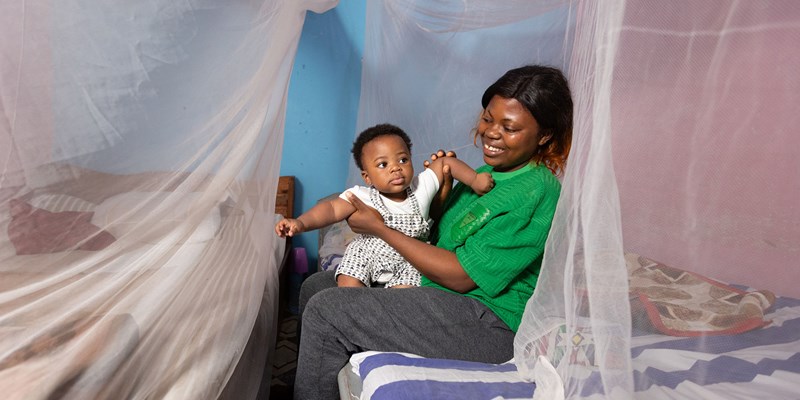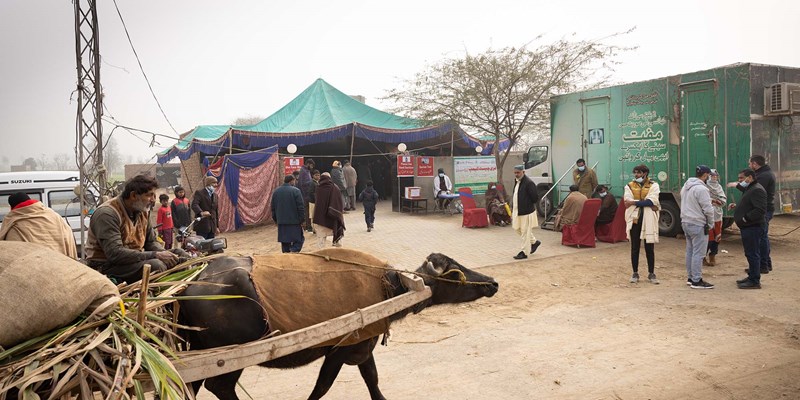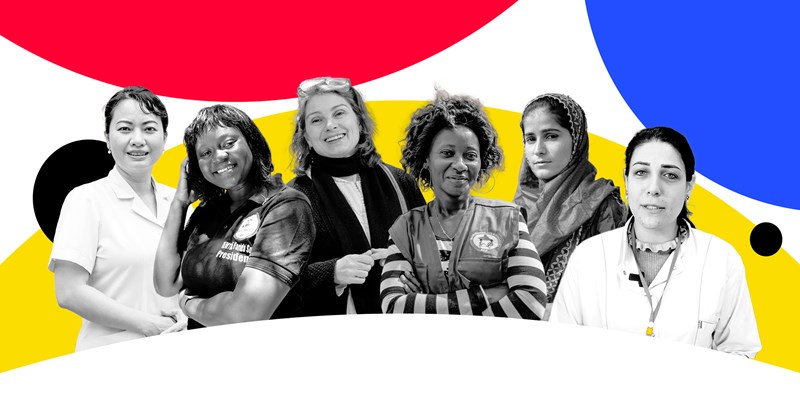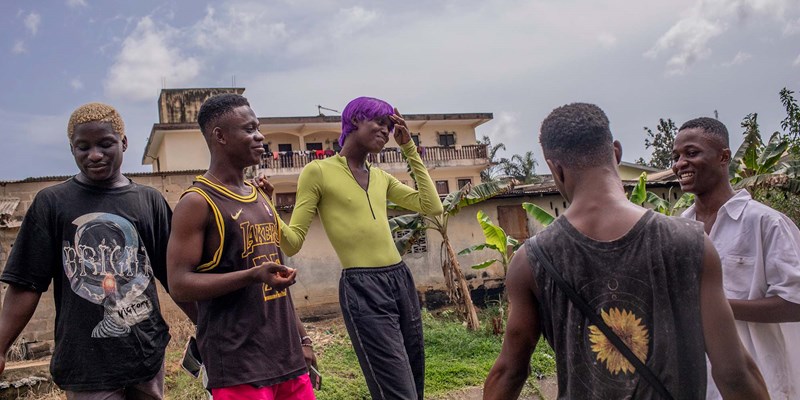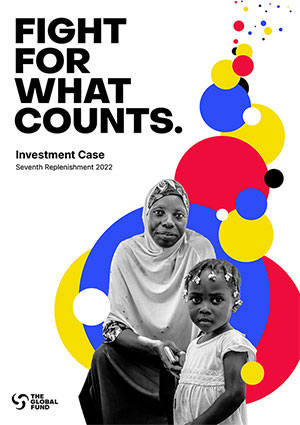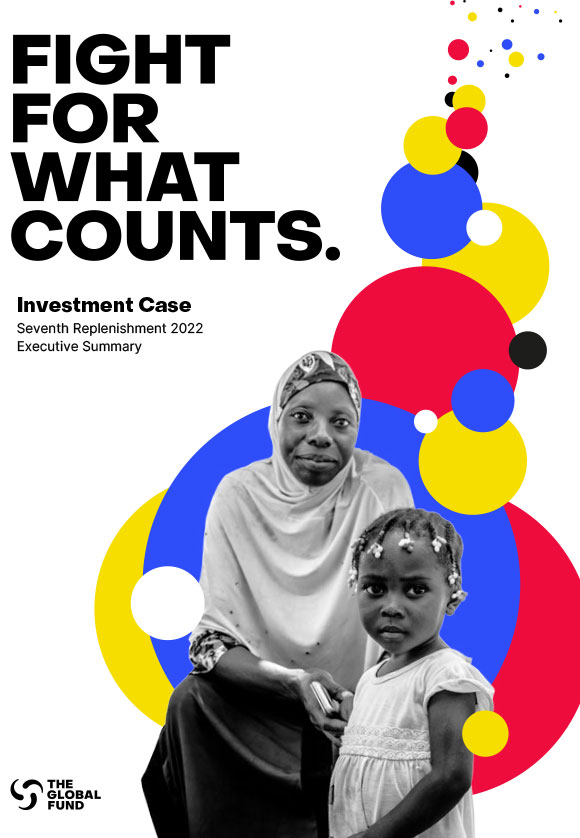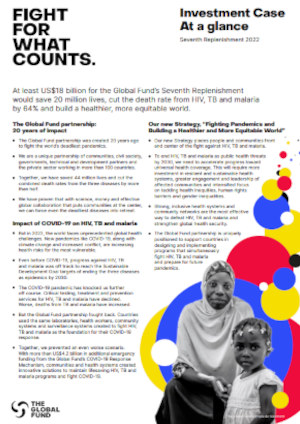Private Sector Engages in Global Fund Replenishment
02 December 2013
WASHINGTON – Partners from private sector foundations and corporations signaled active engagement in the Global Fund’s Replenishment Launch, significantly increasing resources in the fight against AIDS, tuberculosis and malaria.
At an evening reception co-hosted by (RED), many supporters of the Global Fund gathered to advance private-sector engagement in the launch of the Global Fund’s Fourth Replenishment Launch, entitled No Time to Lose: Sharing the Responsibility to Save Lives.”
“The private sector plays an important part in the Global Fund’s progress against HIV, TB, and malaria,’ said Bill Gates, co-chair of the Bill & Melinda Gates Foundation and keynote speaker at the event. “The private sector is not only an important funder but contributes knowledge and tools that help enhance the Global Fund’s impact.”
Mr. Gates announced his foundation is committing up to US$500 million to the Global Fund for the 2014-2016 period. This includes US$300 million previously announced and up to US$200 million in new money that will be used to match other donor commitments.
(RED) announced that it is contributing US$40 million over the next two years.
"I'm thrilled to say that by the end of 2015, (RED) will have generated more than a quarter of a billion dollars to the Global Fund from the private sector,” said Deborah Dugan, CEO of (RED). “When Bono and Bobby Shriver started (RED), it was to help the Fund maintain its promise to be a public private partnership. We're looking forward to further engaging the private sector to create money for the Fund's critical work but also to keep the issue at the top of the agenda so we can help end AIDS in our lifetime."
The reception recognized the potential of partnerships and innovation to defeat AIDS, tuberculosis and malaria. Several high level guests attended the event, including key players in global health among the private sector like Chevron and BHP Billiton Sustainable Communities.
“We recognize the deep interdependence of healthy businesses and healthy societies,” said Rhonda Zygocki, executive vice president, Policy and Planning for Chevron Corporation. “Our continued partnership with the Global Fund reflects our long-term commitment to investing in health, education and economic development initiatives that help build strong communities.”
Chevron is a longstanding partner of the Global Fund, committing an additional US$5 million over the next two years to target the prevention of mother-to-child transmission of HIV (PMTCT) in Nigeria. This commitment raises Chevron’s 8-year investment in the Global Fund to US$60 million, making the company the single largest corporate private sector donor to the organization.
Another partner is BHP Billiton Sustainable Communities, contributing US$10 million to support malaria efforts in Mozambique in the next 3 years in order to reach the universal malaria prevention coverage by 2014, and maintaining those levels every year with additional interventions.
“In Mozambique, BHP Billiton Sustainable Communities has recently invested more than US$13 million to support child and maternal health and sustainable livelihoods through the support of small scale farmers. Tonight, BHP Billiton Sustainable Communities is delighted to announce a further contribution of US$10 million to the Global Fund to Fight AIDS, Tuberculosis and Malaria,” said Fred Hagemeyer, Vice President Government and External Affairs, BHP Billiton Petroleum
In addition to direct contributions, there are several innovative initiatives enabled by the Global Fund to Fight AIDS, Tuberculosis and Malaria. This allows forming partnerships to address issues presented to those that implement the Global Fund programs. Two key examples of this are the launch of the “Innovation Coalition”, a platform where private sector companies will devote their best assets to build solutions such as the development of a grant oversight management solution led by SAP together with USAID-GMS; and the partnership between Eli Lilly and Company, the International Federation of Pharmaceutical Manufacturers and Associations (IFPMA) and the Global Fund to fight fake medicines.
The Global Fund also acknowledged contributions of the following companies:
Vale – Contribution of US$3 million in the next 3 years to fight malaria in Malawi and Mozambique.
Ecobank Transnational Incorporated and the Ecobank Foundation (Ecobank) – Contribution of US$3 million as a minimum amount over 3 years that includes the provision of services to Global Fund recipients.
Goodbye Malaria – In support of the Roll Back Malaria Partnership (RBM), this initiative is contributing US$3 million in the coming years towards malaria eradication in Africa.
Takeda Pharmaceutical Company Limited – Contribution started in 2010 with a US$10 million for 10 years to support the development and strengthen the capacity of health workers in Africa.
The United Methodist Church, and Lutheran World Relief – Together they have contributed close to US$10 million for malaria programs supported by the Global Fund, and are working hard to provide another US$20 million for the next few years.
